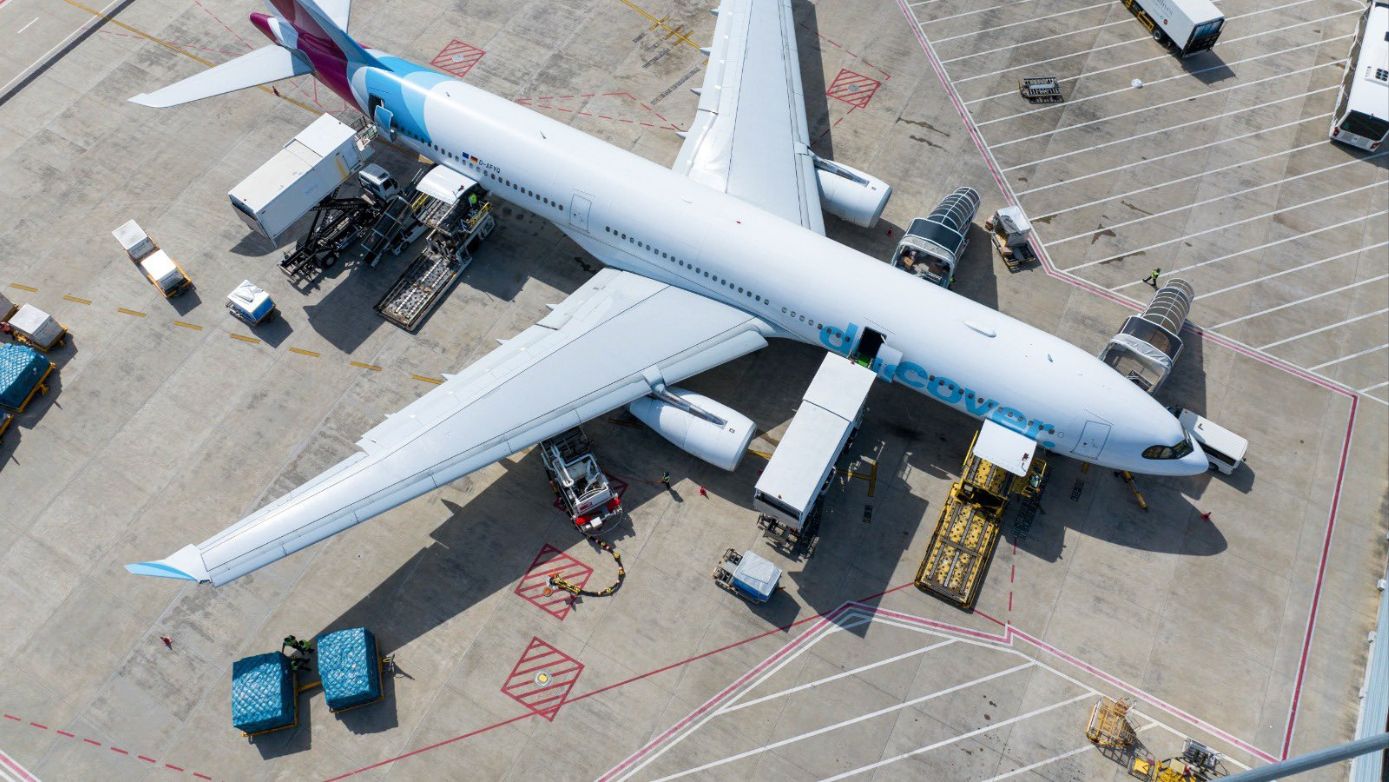
A new bill proposing sweeping reforms to modernise the Maldives’ aviation sector has been submitted to Parliament, with the aim of replacing the existing Civil Aviation Act enacted in 2001. The proposed legislation is intended to align the country’s civil aviation laws with international standards and introduce a more structured approach to airport development and air accident investigations.
The Civil Aviation Bill was submitted on behalf of the government and introduced by Member of Parliament Abdullah Shazeem. The first reading of the bill has been completed, and debate on the proposed legislation is currently underway in Parliament.
According to the bill, one of the most significant changes is the requirement for every airport in the Maldives to have a detailed master plan. These plans will guide airport construction, development, and operational activities, ensuring they adhere to both international aviation treaties and domestic regulations. The bill specifies that master plans must be reviewed every five years, with revisions made as necessary to reflect evolving needs and standards.
To oversee the formulation and implementation of these airport master plans, the bill calls for the creation of an Airport Development Oversight Council. The five-member council is to be formed within 60 days of the bill’s ratification and will be appointed by the Minister of Transport and Civil Aviation.
In addition to changes in airport planning and oversight, the bill proposes the establishment of a Maldives Air Accidents Investigation Agency. This independent agency will be tasked with investigating civil aviation accidents and serious incidents. Operating under the Ministry of Transport and Civil Aviation, the agency’s core functions will include the collection and publication of information on air traffic incidents, identifying risks to air safety, and making recommendations to air transport service providers. The agency will also conduct public awareness campaigns and promote safe air travel practices.
The government stated that the proposed law aims to fully incorporate the obligations set out in the International Convention on Civil Aviation, which the Maldives is a party to, thereby ensuring that national aviation standards keep pace with international best practices.
The current Civil Aviation Act has been in place for over two decades and is seen as outdated by many in the sector. If passed, the new legislation is expected to provide a more robust legal foundation for the growth and regulation of the country’s rapidly developing aviation industry.












